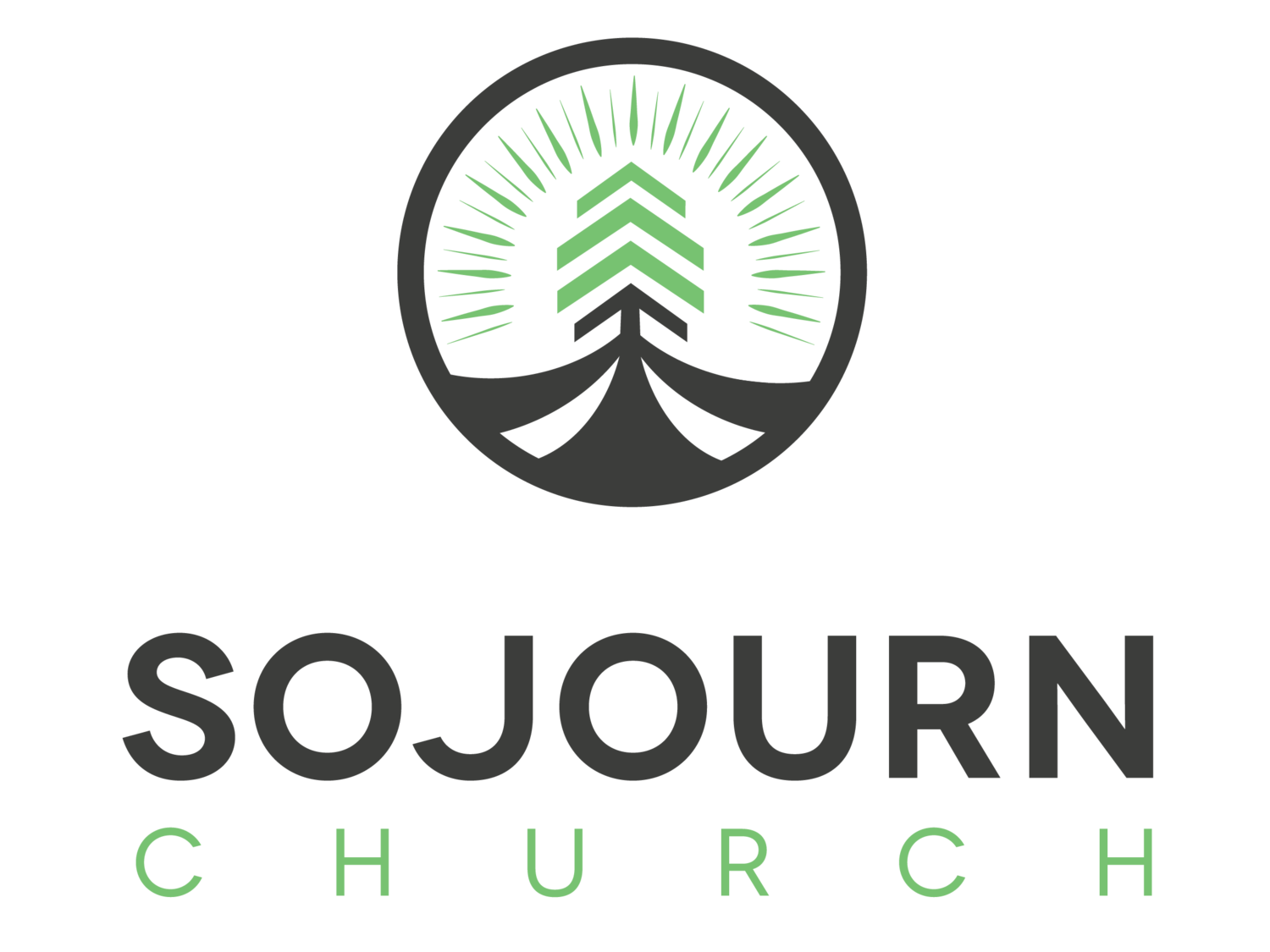“She weeps bitterly during the night, with tears on her cheeks. There is no one to offer her comfort, not one from all her lovers. All her friends have betrayed her; they have become her enemies.” (v. 2)
Here is the end result for a people who give their hearts to things not God:
You end up alone.
Jeremiah weeps over the abandoned, exiled state of Jerusalem and her people. And he does so with full knowledge of why all this pain and grief and brokenness is now theirs. The people gave themselves to idolatry, paganism, and self-righteousness. They courted a lot of other gods. They placed their hearts in the hands of other “lovers.”
And, when the night comes, it reveals the truth:
All those things you gave yourself to aren’t here for you.
It’s the emptiness of every unfaithful thing that causes our tears. We weep, because we had better. We weep, because the things we chose instead come to nothing. We weep, because every not-God things abandons you.
Choose carefully, then, what you trust your heart to.
—Tyler
